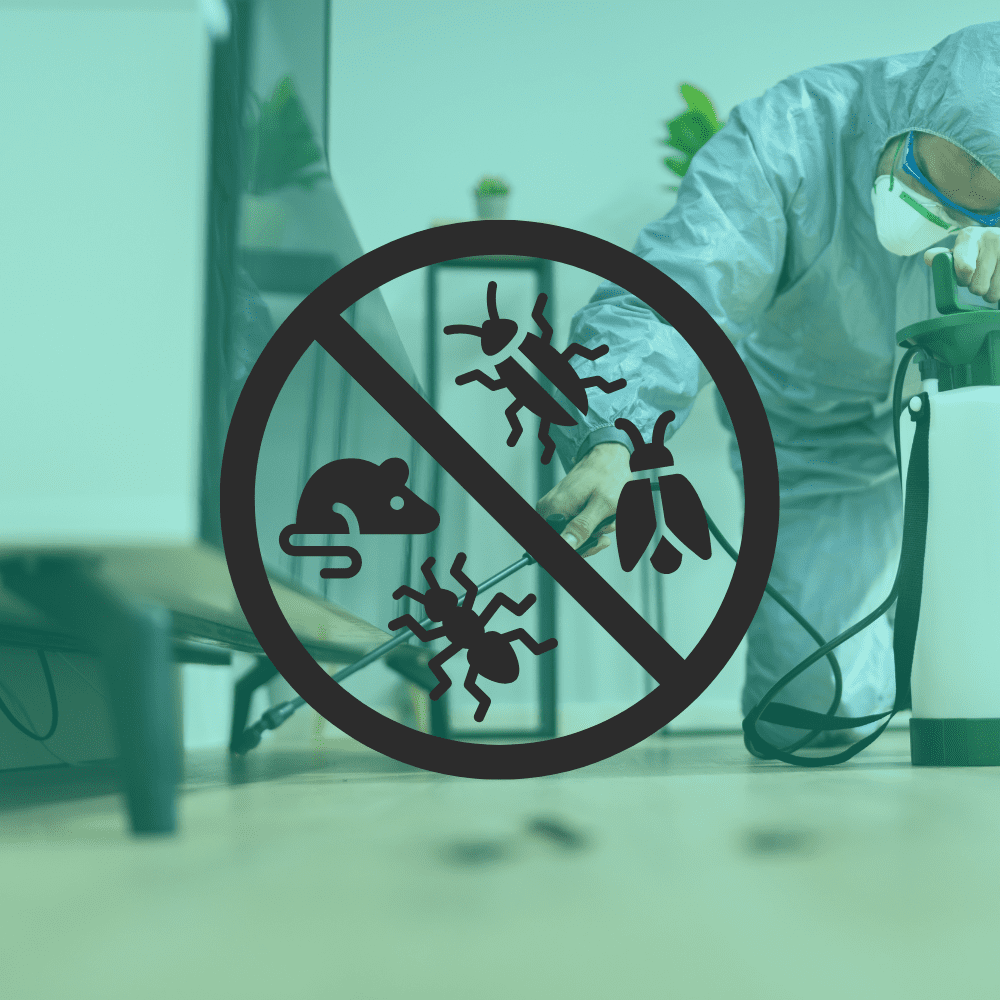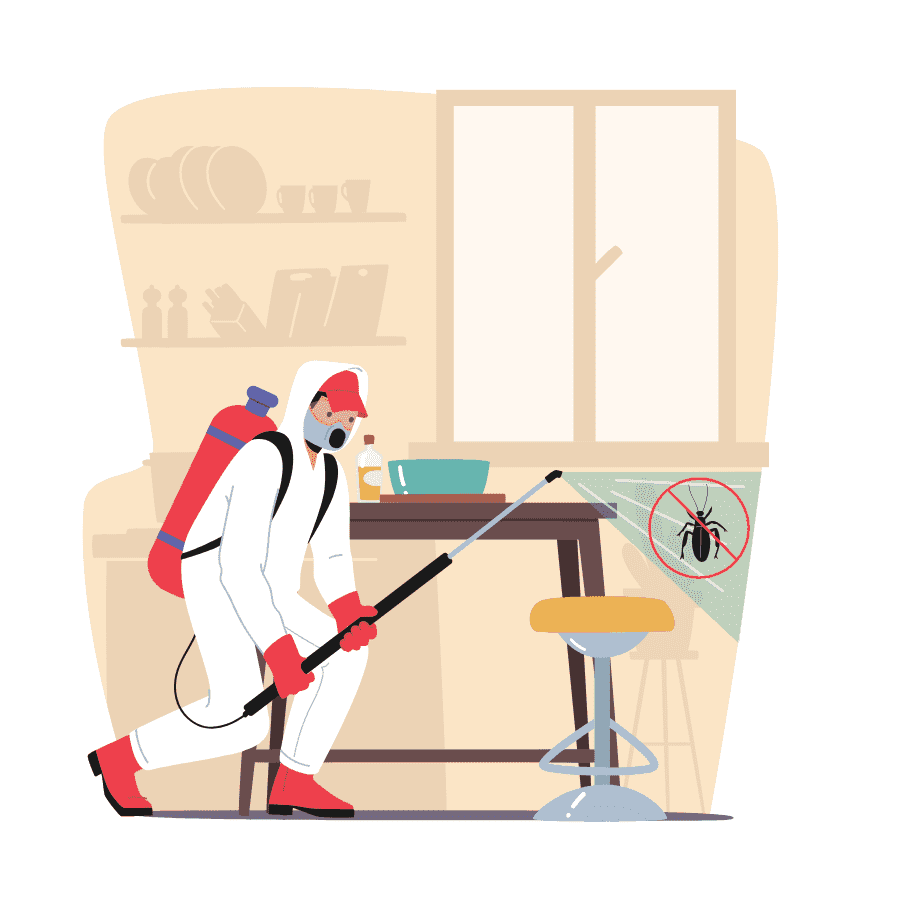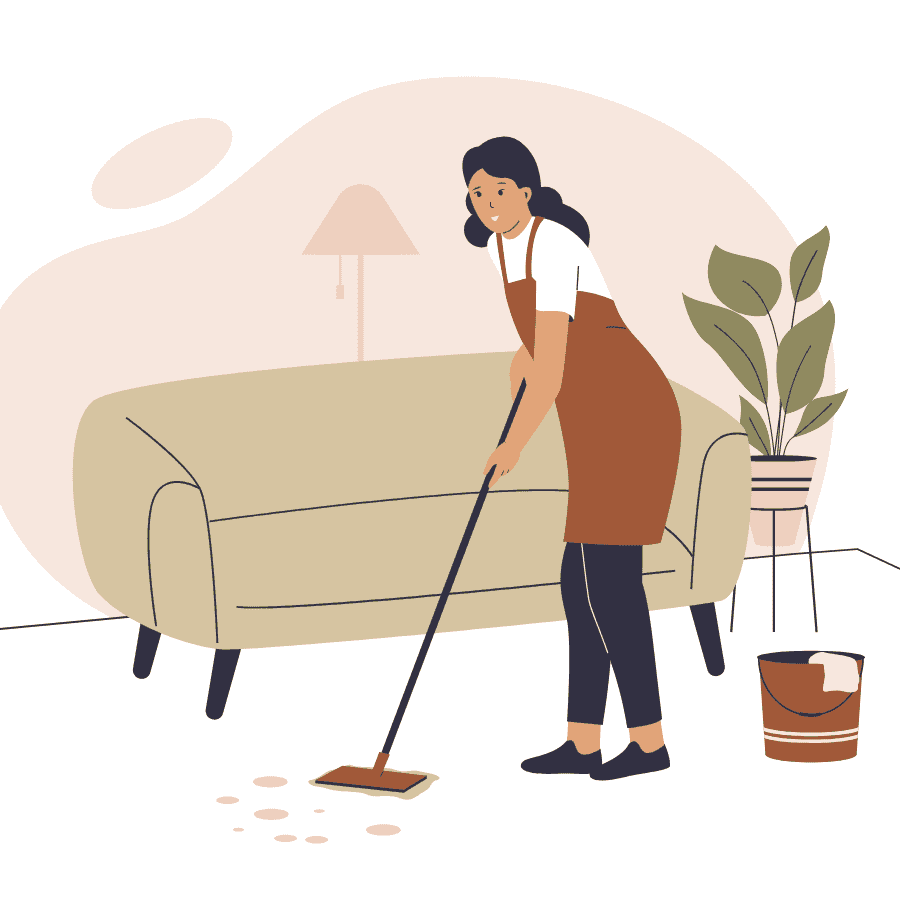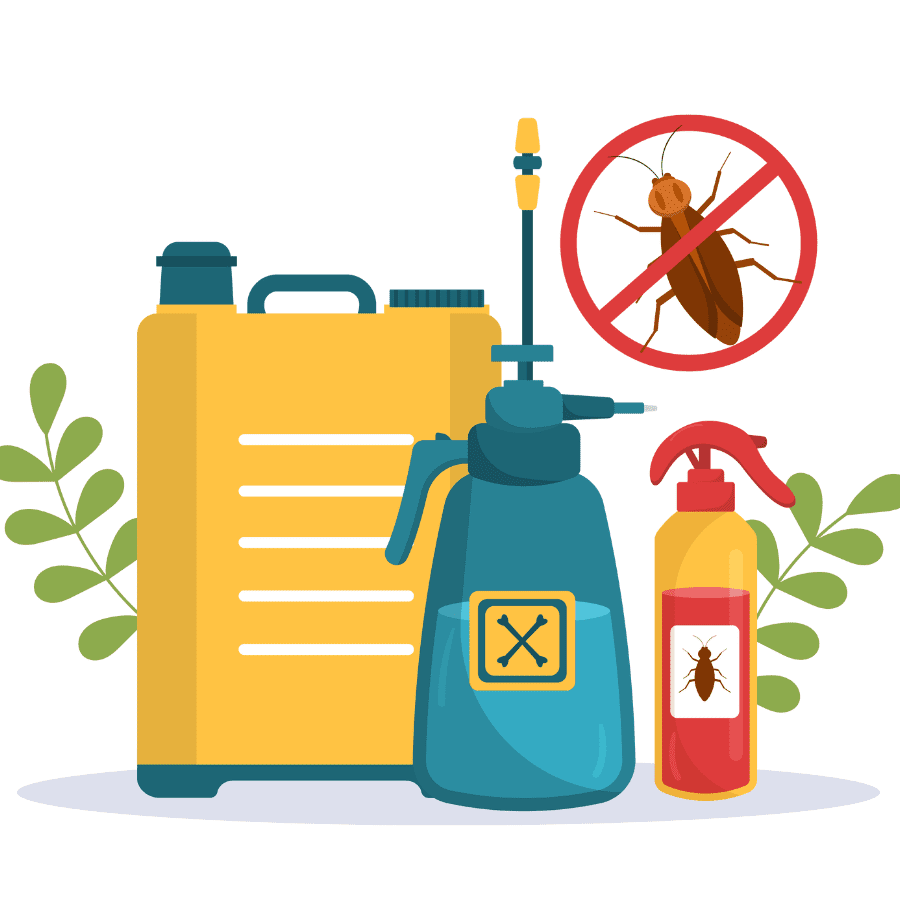Landlords & Tenants: Who Is Responsible for Pest Control When Renting in NYC?
By:
Updated:


In New York City, pest control responsibilities are shared between landlords and tenants, though landlords bear the greater burden.
Who Is Responsible for Pest Control?
Dealing with pest control issues in New York City often leads to confusion about the responsibilities of landlords and tenants. Understanding these roles is essential for maintaining a healthy, pest-free environment.
By law, landlords are primarily responsible for keeping properties pest-free. This includes conducting regular inspections, addressing infestations promptly, and using Integrated Pest Management (IPM) strategies—preventive measures like sealing cracks and fixing leaks. When necessary, they must hire licensed professionals to apply pesticides and comply with Local Law 55 and other regulations.
Tenants, however, also play a role. They must maintain cleanliness, report early signs of infestations, and avoid actions that contribute to pest problems, such as leaving food uncovered or failing to report structural issues.
What Are the Landlord’s Responsibilities?
The Housing Maintenance Code (Title 27 – Chapter 2)1 mandates that landlords must:
- Keep premises free from pests.
- Remedy conditions that attract pests, such as leaks and cracks.
- Inspect units before new tenants move in.
- Arrange and pay for pest control services when infestations occur.

Additionally, landlords must comply with Local Law 55 of 2018, which requires annual inspections of all units and common areas for indoor allergen hazards, such as pests, mold, and moisture intrusion. They must address these hazards promptly to ensure tenant safety and well-being.
Landlords are also obligated to respond to tenant complaints about pests in a timely manner. This includes investigating the issue, taking corrective actions, and, if necessary, working with licensed pest control professionals to eliminate infestations effectively.
Failure to fulfill these responsibilities can result in violations, fines, or legal action from the Department of Housing Preservation and Development (HPD) or tenant-initiated complaints through 311. Keeping thorough documentation of inspections, maintenance, and pest control treatments can help landlords demonstrate compliance and avoid disputes.
When to Hire a Professional
According to the Environmental Conservation Law,2 “a person may only apply pesticides to the individual dwelling unit in which they reside unless they are a certified commercial applicator.”
This means that landlords will need to hire a pest control professional licensed by the New York State Department of Environmental Conservation (DEC) to use pesticides in a tenant’s space.
However, as long as pesticides are not used, landlords aren’t required to hire a professional to address an infestation. Non-pesticide methods, such as sealing entry points and eliminating food sources, may be handled independently, provided they are effective.
How Often Must Landlords Perform Pest Inspections?
According to Local Law 55 of 2018 (the “Asthma Free Housing Act”),3 landlords must:
- Conduct annual inspections of all units and common areas for pests, mold, and moisture issues.
- Inspect vacant units before renting them to new tenants.
If infestations are left unchecked, they can spread throughout buildings, leading to costly, building-wide problems.

Are Landlords Responsible for Bed Bug Inspections and Treatment?
Yes, landlords must handle bed bug inspections and treatment. The Department of Housing Preservation and Development (HPD) considers bed bugs a Class B violation (hazardous), which must be resolved within 30 days. Upon being informed of a potential infestation, landlords should work with a licensed pest control company to inspect and treat the issue.
What Are the Tenant’s Responsibilities?
Tenants are responsible for keeping their homes clean and free of conditions that attract pests. This includes:
- Storing food in sealed containers.
- Regularly vacuuming and disposing of garbage.
- Reporting early signs of infestations or structural damage, such as cracks and leaks.

If a pest problem arises due to a tenant’s “own willful act, assistance, or negligence or that of any member of his family or household or his guests”, the tenant may be held liable for expenses related to pest extermination.
Tenants are also responsible for informing their landlord of any early signs of a pest infestation. This includes structural damage that could risk a pest infestation. In cases where their neighbor isn’t maintaining their yard or property, leading to conditions that may cause rodent infestations, tenants should call 311 or visit the NYC 311 website and file a rodent complaint.
What Can Tenants Do if Their Landlord Refuses to Address Pest Control Issues?
According to 311’s information on Apartment Maintenance Complaints:
“Before filing a complaint, you should try to resolve the issue with your landlord, managing agent, or superintendent. If you live in a co-op or condo, you should first report apartment maintenance issues to the owner, management company, or board before filing a complaint[..]. “
Tenants can file a complaint with 311 if the landlord still refuses to properly address the pest issue. HPD will then send an inspector to assess the complaint.
If HPD determines that there is, in fact, a pest infestation, they will send a notice to the landlord. They’ll have either 90 days (non-hazardous pests), 30 days (bed bugs), or 21 days (rodents and cockroaches) to correct the situation.
After receiving the notices and the landlord still does nothing, they may be subject to fines or civil litigation.
What if I Live in a Co-op Apartment Building or Own a Condo?
People who own condominiums or co-ops are technically their own landlords. Being your own landlord means that you are responsible for eliminating pests on your own dime.
In an apartment with a housing board, the board is responsible for keeping the building’s common areas pest-free. Tenants should inform the housing board of any infestations so that the board can take steps to prevent the spread to other units.
Can Tenants Use Pesticides for Pest Control in NYC?
Under the Environmental Conservation Law, tenants may use general-use pesticides in their private living spaces but not in common areas like hallways or stairwells.
In general, we recommend that tenants work with their landlords instead of attempting independent pesticide use.
If tenants choose to use pesticides, they must:
- Follow the label for proper application and dosage.
- Purchase EPA-registered products from reputable retailers.
- Avoid unsafe practices, such as transferring pesticides to other containers.

Conclusion
In NYC, pest control responsibilities are shared between landlords and tenants, with landlords primarily accountable for maintaining pest-free properties through inspections and preventive measures. Tenants play a crucial supporting role by maintaining cleanliness and promptly reporting issues. Understanding these responsibilities—and the laws that govern them—can help both parties foster a safe and healthy living environment. For professional pest control services, MMPC offers eco-friendly, effective solutions tailored to New York City’s unique challenges.

About the Author
References
- TITLE 27 -CHAPTER 2 HOUSING MAINTENANCE CODE. (n.d.). Retrieved January 3, 2025, from https://www1.nyc.gov/assets/buildings/pdf/HousingMaintenanceCode.pdf ↩︎
- The Landlord and Tenant Guide to Pest Management–The Key to Safe Pest Control is Teamwork. (2025). Ny.gov. https://www.health.ny.gov/publications/3204/index.htm ↩︎
- Group, G. O. (2022, November 3). The NYC Landlord’s Guide to Understanding Local Law 55 Requirements. Green Orchard Group. https://greenorchardgroup.com/nyc-landlord-guide-to-local-law-55-requirements/#requirements ↩︎
